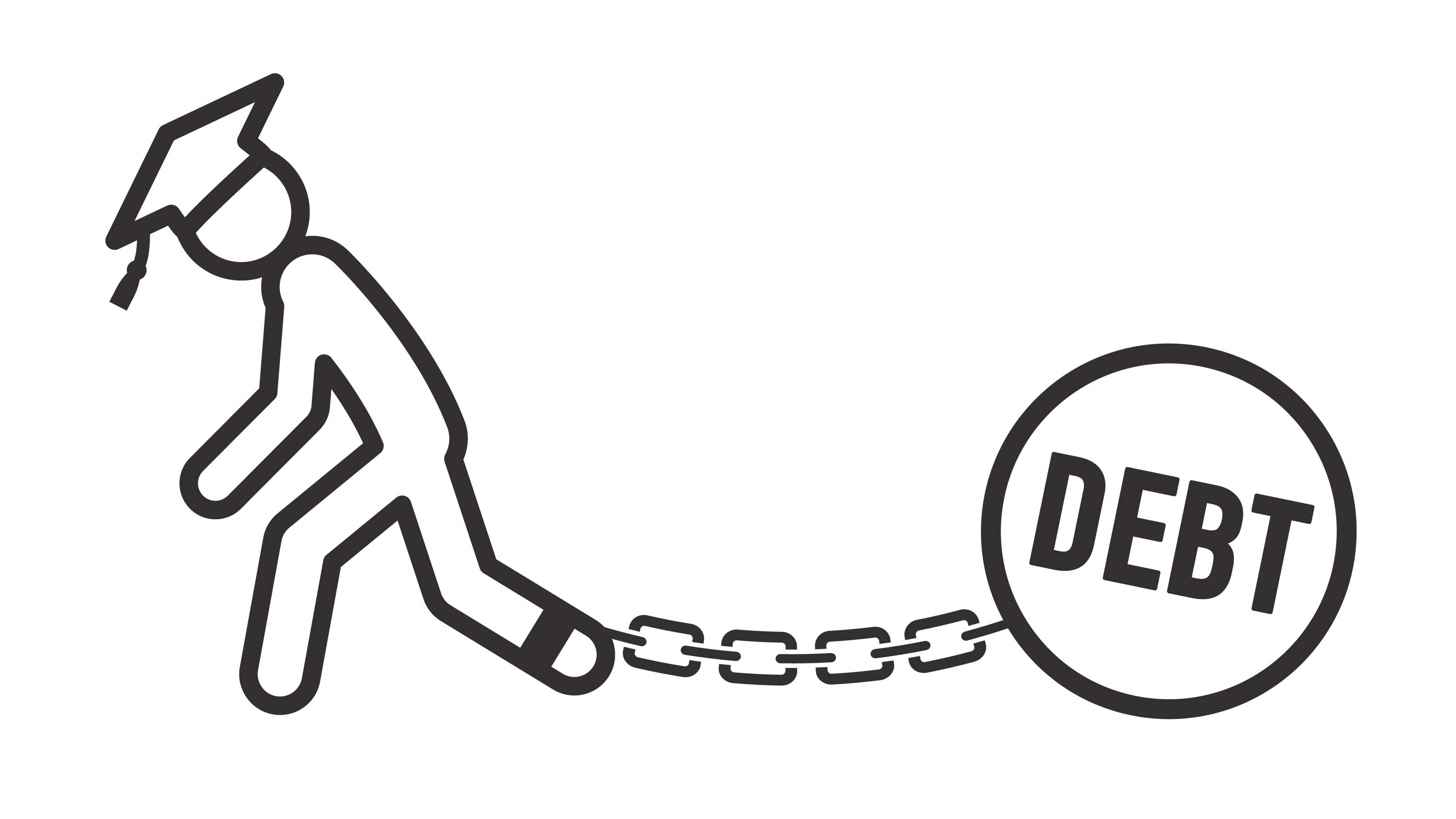Coronavirus Car Insurance Rebates for the Road Less Traveled
People are driving less, and that means big auto insurance companies such as State Farm, Allstate and Geico are giving coronavirus-related rebates.


Profit and prosper with the best of Kiplinger's advice on investing, taxes, retirement, personal finance and much more. Delivered daily. Enter your email in the box and click Sign Me Up.
You are now subscribed
Your newsletter sign-up was successful
Want to add more newsletters?

Delivered daily
Kiplinger Today
Profit and prosper with the best of Kiplinger's advice on investing, taxes, retirement, personal finance and much more delivered daily. Smart money moves start here.

Sent five days a week
Kiplinger A Step Ahead
Get practical help to make better financial decisions in your everyday life, from spending to savings on top deals.

Delivered daily
Kiplinger Closing Bell
Get today's biggest financial and investing headlines delivered to your inbox every day the U.S. stock market is open.

Sent twice a week
Kiplinger Adviser Intel
Financial pros across the country share best practices and fresh tactics to preserve and grow your wealth.

Delivered weekly
Kiplinger Tax Tips
Trim your federal and state tax bills with practical tax-planning and tax-cutting strategies.

Sent twice a week
Kiplinger Retirement Tips
Your twice-a-week guide to planning and enjoying a financially secure and richly rewarding retirement

Sent bimonthly.
Kiplinger Adviser Angle
Insights for advisers, wealth managers and other financial professionals.

Sent twice a week
Kiplinger Investing Weekly
Your twice-a-week roundup of promising stocks, funds, companies and industries you should consider, ones you should avoid, and why.

Sent weekly for six weeks
Kiplinger Invest for Retirement
Your step-by-step six-part series on how to invest for retirement, from devising a successful strategy to exactly which investments to choose.
The coronavirus pandemic has torpedoed the economy, our health care system and our everyday lives, but here’s some good news: There’s a good chance you’ll pay less for your car insurance.
With fewer drivers on the road, and therefore fewer claims, U.S. auto insurers are lowering insurance rates, through credits against future premiums or refunds of money already paid. American Family Insurance, which writes policies mainly in the Midwest, was the first insurer to act, offering one-time $50 refunds for each insured vehicle. Since then, all of the major auto insurers have offered some form of relief. And more discounts could be coming if millions of Americans continue to work from home and avoid non-essential travel. A study by the Consumer Federation of America, an advocacy group, and the Center for Economic Justice, an insurance, credit and utilities advocacy group, concluded that the relief offered so far is insufficient given the likely drop in insurance claims.
Insurers have adopted different approaches to premium relief. For example, Allstate and Liberty Mutual granted 15% refunds on premiums for April and May, while Geico announced a 15% refund, but only as customers’ policies come up for renewal between April 8 and October 7, 2020. State Farm, the largest U.S. auto insurer, said customers can expect to receive a credit of about 25% on premiums paid from March 20 through May 31. USAA will provide a 20% credit on two months of premiums while Progressive and Farmers announced a 20% and 25% refund, respectively, for the month of April.
From just $107.88 $24.99 for Kiplinger Personal Finance
Become a smarter, better informed investor. Subscribe from just $107.88 $24.99, plus get up to 4 Special Issues

Sign up for Kiplinger’s Free Newsletters
Profit and prosper with the best of expert advice on investing, taxes, retirement, personal finance and more - straight to your e-mail.
Profit and prosper with the best of expert advice - straight to your e-mail.
If your mileage has decreased significantly and your insurer hasn’t offered any refunds or credits, contact your provider and ask for a rate that reflects your lower risk, says Doug Heller, insurance consultant for the Consumer Federation of America. If you’re unable to get results, don’t cancel your policy until you’ve found one to replace it. In most states, if you go without coverage, insurance companies will charge you more once you return to the market, he says.
Profit and prosper with the best of Kiplinger's advice on investing, taxes, retirement, personal finance and much more. Delivered daily. Enter your email in the box and click Sign Me Up.

Emma Patch joined Kiplinger in 2020. She previously interned for Kiplinger's Retirement Report and before that, for a boutique investment firm in New York City. She served as editor-at-large and features editor for Middlebury College's student newspaper, The Campus. She specializes in travel, student debt and a number of other personal finance topics. Born in London, Emma grew up in Connecticut and now lives in Washington, D.C.
-
 The New Reality for Entertainment
The New Reality for EntertainmentThe Kiplinger Letter The entertainment industry is shifting as movie and TV companies face fierce competition, fight for attention and cope with artificial intelligence.
-
 Stocks Sink With Alphabet, Bitcoin: Stock Market Today
Stocks Sink With Alphabet, Bitcoin: Stock Market TodayA dismal round of jobs data did little to lift sentiment on Thursday.
-
 Betting on Super Bowl 2026? New IRS Tax Changes Could Cost You
Betting on Super Bowl 2026? New IRS Tax Changes Could Cost YouTaxable Income When Super Bowl LX hype fades, some fans may be surprised to learn that sports betting tax rules have shifted.
-
 Five Ways to Save on Vacation Rental Properties
Five Ways to Save on Vacation Rental PropertiesTravel Use these strategies to pay less for an apartment, condo or house when you travel.
-
 How to Avoid Annoying Hotel Fees: Per Person, Parking and More
How to Avoid Annoying Hotel Fees: Per Person, Parking and MoreTravel Here's how to avoid extra charges and make sure you don't get stuck paying for amenities that you don't use.
-
 COVID’s Financial Toll Isn’t What You Think
COVID’s Financial Toll Isn’t What You ThinkCoronavirus and Your Money From a grandma’s retirement in ruins to a troubled teen inheriting too soon, COVID’s effects will last for generations. While nothing can prepare you for the pain of losing someone you love, a financial planner explains how preparation can lessen the financial devastation.
-
 How to Appeal an Unexpected Medical Bill
How to Appeal an Unexpected Medical Billhealth insurance You may receive a bill because your insurance company denied a claim—but that doesn’t mean you have to pay it.
-
 Amazon Prime Fees Are Rising. Here’s How to Cancel Your Amazon Prime Membership
Amazon Prime Fees Are Rising. Here’s How to Cancel Your Amazon Prime MembershipFeature Amazon Prime will soon cost $139 a year, $180 for those who pay monthly. If you’re a subscriber, maybe it’s time to rethink your relationship. Here’s a step-by-step guide to canceling Prime.
-
 The Return of Student Loan Payments
The Return of Student Loan PaymentsPaying for College A pandemic reprieve on student loan payments ends in January. If you still need financial help, there are steps you can take.
-
 New Platforms for a Comedy Couple
New Platforms for a Comedy CoupleCoronavirus and Your Money COVID forced them to expand their stand-up repertoire to YouTube and podcasts.
-
 How to Haggle for Almost Anything
How to Haggle for Almost AnythingSmart Buying Learning how to haggle is an invaluable skill. These strategies will help you negotiate a better price for just about any product or service.